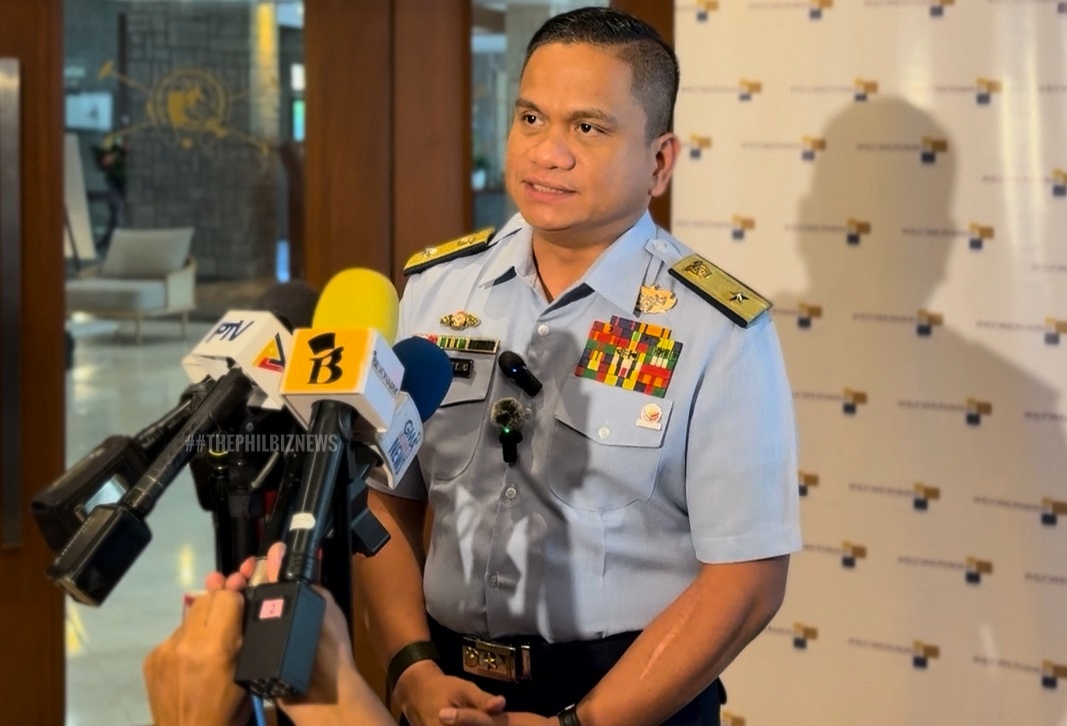By Monsi A. Serrano
China’s behavior in the West Philippine Sea has shifted from operating in the so-called “gray zone” to becoming more openly belligerent, according to Philippine Coast Guard (PCG) spokesperson for the West Philippine Sea, Commodore Jay Tarriela.
In a briefing with the media, Tarriela emphasized that China continues to carry out illegal, coercive, aggressive, and deceptive (ICAD) activities within the Philippines’ exclusive economic zone (EEZ), despite the 2016 international arbitral ruling that invalidated Beijing’s expansive nine-dash line claim.
“These are unilateral decisions by China that the Philippines cannot control,” Tarriela said, stressing how unpredictable Beijing’s actions have become.
Asked whether China’s behavior will worsen, he said it is difficult to predict. “China chooses its actions on a daily basis, whether to comply with international law or continue harassing Filipino fishermen,” he said.
Personal, not official, visit to Taiwan
Tarriela also addressed questions regarding his recent trip to Taiwan with Rear Admiral Roy Vincent Trinidad, spokesperson of the Philippine Navy for the West Philippine Sea. He clarified that the visit was “personal and academic,” and not in any official capacity on behalf of the Philippine government.
He said he delivered a speech at a maritime conference as part of his academic pursuits as a PhD candidate, and not as a government representative.
When asked about possible maritime cooperation between the Philippine and Taiwanese Coast Guards, Tarriela said he was not privy to details. However, he noted that Department of Foreign Affairs Secretary Theresa Lazaro had earlier mentioned the possibility of such cooperation.
He added that any official engagement with Taiwan would have to align with the foreign policy of President Ferdinand Marcos Jr. and the direction of the Department of Foreign Affairs (DFA). Similarly, Tarriela said he had no knowledge of any potential cooperation with the Chinese Coast Guard, emphasizing that any decision on that front would also be up to the President and the DFA.
“Bilateral communication channels are essential,” he said, but stopped short of confirming any planned collaborations.














